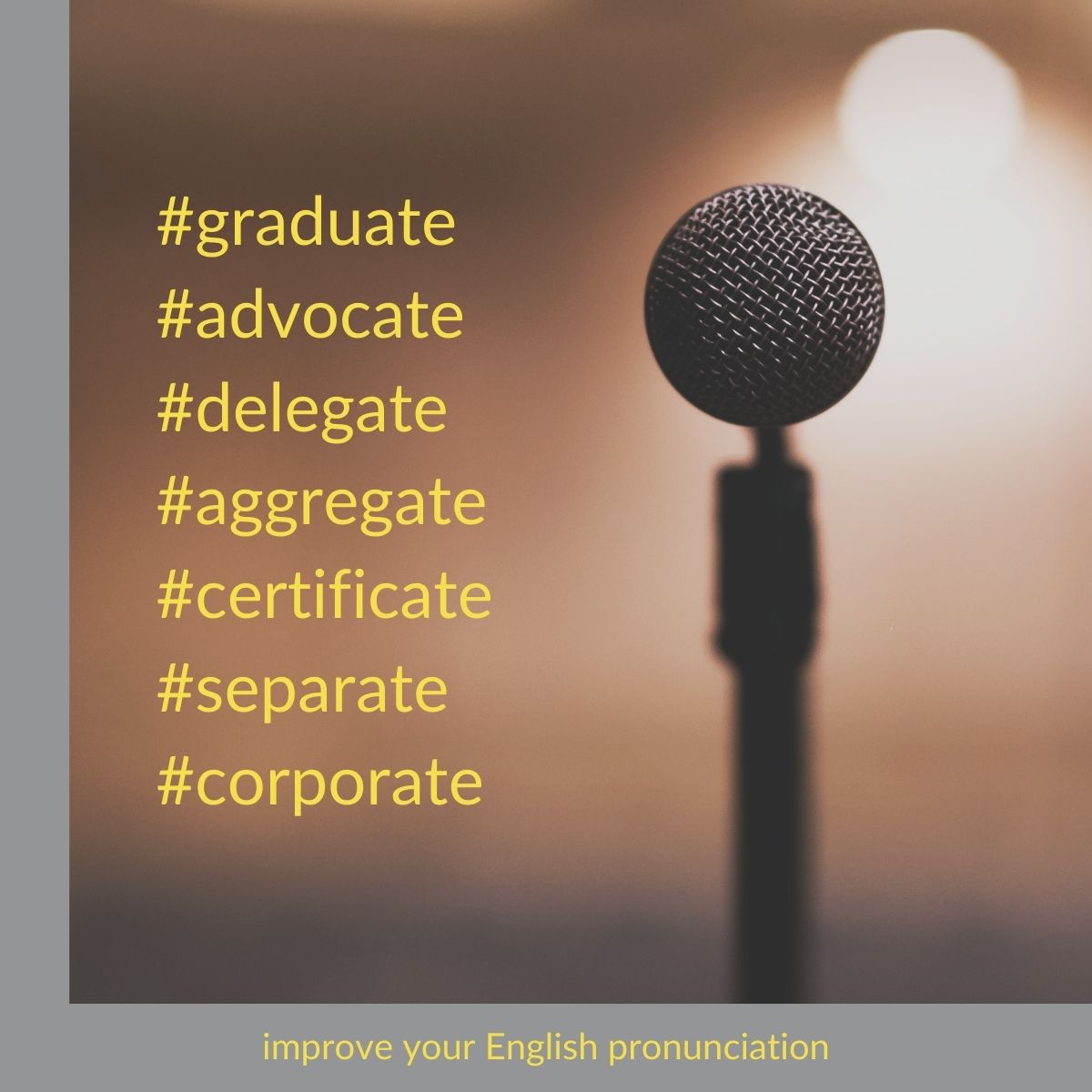At Polish universities we have been working online for the last 14 months. During this time I have struggled with new technology, magnitude of trainings, docked salaries and hourly fees, uncooperative staff and blank screen on which I can only see my student’s initials and not their faces, eyes, smiles or no smiles.
How have I felt during this time? Variously. Very stressed and tired during the first semester. I even had this nervous cough which I thought was an allergy but which disappeared the moment the classes ended and holiday started. The first semester was like a battlefield for me but I grew during that time as the head and became much more relaxed and self-confident when the new academic year started. I promised myself not to exaggerate with work and the speed of work. I started to plan things much in advance, test them more diligently and rely on my common sense, experience and practice more. I also reduced the number of hours I taught and thought more about my well-being and health in general.
Now the third semester of online classes is coming to an end. Primary and secondary schools in Poland are planning to open for a while before holidays. At my university nobody really wants to return to on-site classes now. Neither the students not the teachers. Have they started to enjoy the new normal? They can sleep longer or even “in class”, they don’t have to dress or make up, they can save money on leases and commuting, they can also cheat in tests and only pretend they are present.
When I look back I can see me, myself and I always present in class, visible in the camera, prepared with various activities and new materials, encouraging students to talk to me, to engage, to react. What do I get in return. A black screen with circles and initials, sometimes a response, sometimes a question about how I am. I decided to not care in October last year. Because if I did, I would go crazy or become depressed.
However, I consider myself a very reasonable person and very observant. Do you want to know my observation? Every relationship is a two-way street. All parties shall contribute to building it up. I do blame my students for not trying to establish a relationship with me. I understand that they are the customers and we are the service providers but education is about relationships, too. All this hysteria about privacy and image protection, and zoom fatigue, and stress, and being depressed and struggling with the fears caused by the pandemic is about teachers too, not just students.
99% of students did nothing about strengthening the relationship with me. Some of them were so preoccupied with their things that they forgot to say thank you at the end of the course, not to mention turning on the camera and waving their hands goodbye. I understand privacy, depression and stress but such behaviour is simply rude.
So, what has the pandemic taught me? A simple truth – you will not establish a good relationship, any relationship in fact, by talking to a brick wall. This requires effort. I am not thinking about „best endeavours”, just feeble effort.
Thank you for your attention.



